25 Software-Defined Networking Players To Know

Talkin' Bout An SDN Revolution?
One of the biggest questions so far, it seems, is where the channel fits into the chatter and hype surrounding so-called software-defined networking (SDN). Between classic channel vendors, like Cisco, that are just coming to the table with SDN strategies explaining how partners will play into the plan and hotshot startups, like Big Switch and Nicira, that are planning to work with the channel down the road, this new trend will bear watching for many longtime network-oriented solution providers.
This list is intended as a cross-section -- not an end-all, be-all who's who of the SDN landscape and its galaxy of stakeholders. There are many more well-known vendors who are members of the Open Networking Foundation, and any comprehensive assessment of the SDN landscape would include a much wider sampling than the large networking vendors, network virtualization-focused companies, and just-hatched upstarts listed here. But these are the 25 that caught CRN's eye.
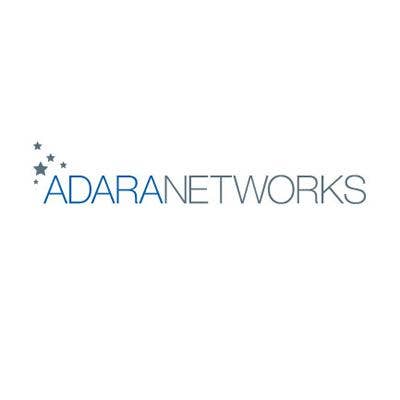
ADARA Networks
Unlike a number of SDN-centric emerging vendors, ADARA Networks -- whose platform enables seamless sharing of data across systems and claims to cut out cumbersome re-coding processes -- came to the table with a channel strategy right out of the gate. In early February, ADARA launched certified engineer and certified sales specialist designations in its ADARA Advantage Partner Program, which itself launched last fall. Adara's Horizon SDN platform includes its Ecliptic SDN controller, Axis vSwitch and SoftSwitch, and Cloud Computing Engine, among other components.
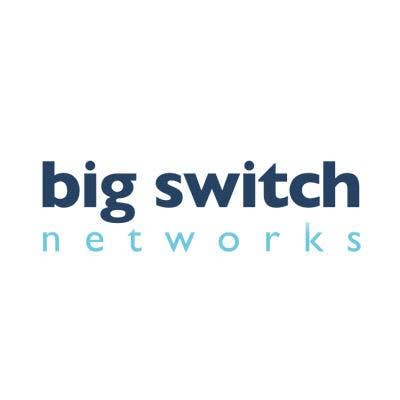
Big Switch Networks
If there's a network virtualization startup more enthusiastic about its support for OpenFlow, it'll still have a tough time contending with Big Switch Networks, which at the beginning of 2012 released an open-source controller based on the protocol. Specifically, Big Switch released source code for its Floodlight controller software in hopes of spurring app development around it while also anticipating the release of a commercial-grade version of Floodlight later in the year.
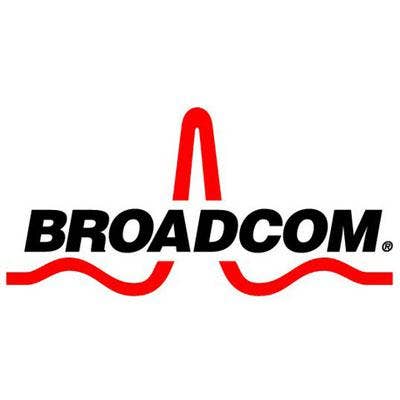
Broadcom
Semiconductor vendors have a big role to play in the emergence of SDN, it seems, and Broadcom hasn't been shy about its support. It was an early member of the Open Networking Foundation and at the recent Open Networking Summit. IP Infusion, a specialist in software-based routing and switch technologies, demonstrated an OpenFlow-enabled platform for mobile video applications that relied on Broadcom's StrataXGS BCM56624 and included integration with Broadcom's SDK.
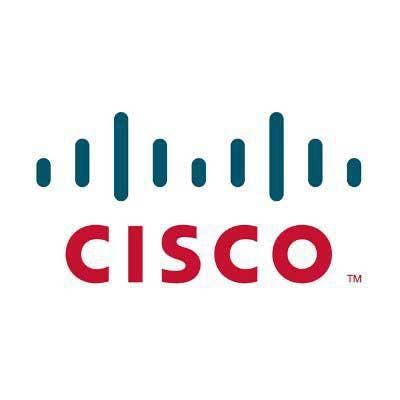
Cisco
After months of speculation, Cisco during the week of its annual Partner Summit finally lifted the veil on Insiemi, a so-called spin-in company in which Cisco has invested more than $100 million already to develop SDN technologies. In an interview with CRN, Cisco CTO Padmasree Warrior said Cisco is interested in not only SDN but also network visibility, including analytics and the role of big data in next-gen network architecture.
Cisco has also said it will support OpenFlow on some Nexus switch models.
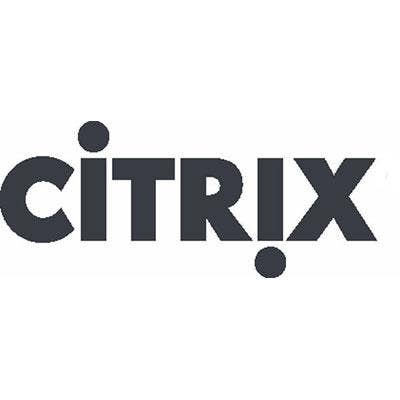
Citrix
Citrix was another early backer of the Open Networking Foundation, and it has shipped Citrix XenServer with support for the OpenFlow protocol as a standard feature. In a blog post more than a year ago, former Citrix CTO Simon Crosby described the importance of SDN technologies thus: "In large infrastructure clouds (which might be supporting SaaS, PaaS or IaaS type services), it is incredibly important to be able to define and build control plane architectures that match the problem domain of the specific service."
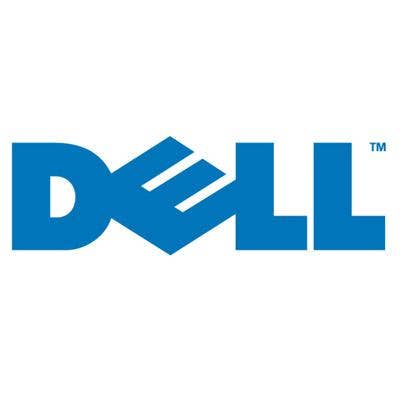
Dell
Dell, which acquired Force10 Networks among a number of other companies in the past year, has been pretty vocal in its support for SDN technologies as the future of networking. At the inaugural Open Networking Summit in October 2011, Dell's Geng Lin, its networking CTO, offered a presentation that positioned Dell as a key participant in a large and growing total addressable market (TAM) for SDN-enabled multi-tenant data centers.
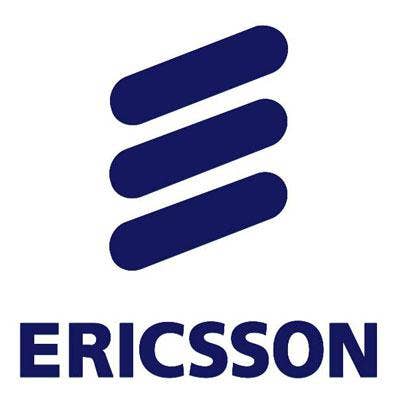
Ericsson
Ericsson got SDN tongues wagging with what its Ericsson Research arm is doing to support MPLS with OpenFlow. As Ericsson says, "The goal is to turn an OpenFlow enabled switch (which has the necessary capabilities), into an MPLS switch."
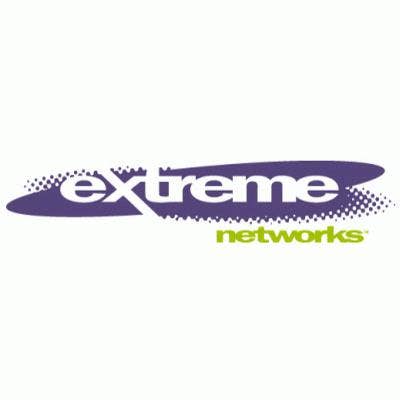
Extreme Networks
Extreme joined the Open Networking Foundation not long after its founding in 2011, and it has voiced its support for SDN solution, as well as participated in industry conference demonstrations of OpenFlow-based systems. Extreme is also part of several OpenFlow-centric deployments, including one by the University of Massachusetts -- Lowell, which last year began using ExtremeXOS switches to partition its network and manage the partitions using OpenFlow products.

Google's been involved with SDN as an adopter since its earliest manifestations, and at the Open Networking Summit this past month, Google's Urs Holzle, senior vice president of technical infrastructure, said Google had a simple SDN activated as early as the summer of 2011. What's interesting about the software Google developed, Holzle told attendees, was that Google can use its SDN for isolated product testing on its data center network. Google was a founding member of the Open Networking Foundation, and it is also a sponsor of emerging groups like the Open Networking Research Center (ONRC).
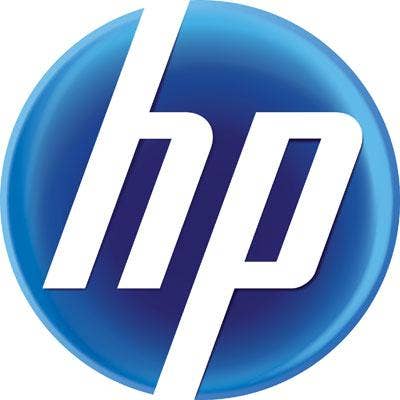
HP
HP put an impressive SDN stake in the ground with February's announcement that it would make OpenFlow-enabled versions of 16 of its switch models available for commercial sale. HP further said that it would provide similar OpenFlow support across all switches under its FlexNetwork architecture by the end of the year -- a big gesture of support for the protocol as a commercially viable technology, especially from a vendor very much concerned about how networking customer buying happens. But then, HP's been a pretty active OpenFlow supporter, period; the company has supported OpenFlow on its switches for nearly five years already.
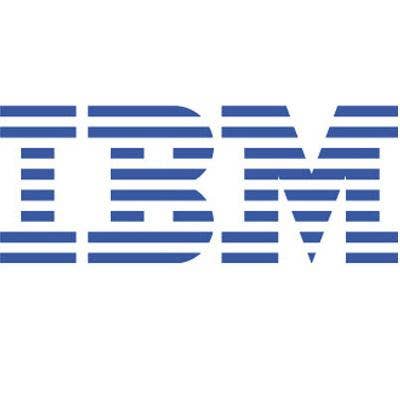
IBM
Say this for Big Blue: very rare is the day that it sits out on any kind of major market transition, segment trend or technology paradigm shift.
IBM supports the Open Networking Foundation (ONF), and in January of this year, confirmed it was working with NEC Corp. on joint OpenFlow-based networking solutions. IBM came to market with an OpenFlow enabled 10/40 GbE top-of-rack switch more than a year ago, and its demo with NEC at last year's Interop show -- the switch plus NEC's OpenFlow-based network controller -- was one of that conference's most memorable.
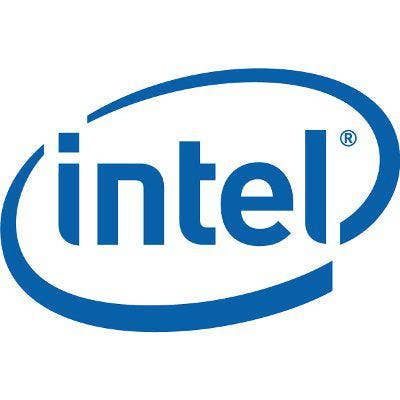
Intel
Intel's been vocal about its support for SDN, based on its visibility at the Open Networking Summit and various releases it's been touting, such as the Intel FM6000 Series -- a 10G Ethernet switch integrated circuit (IC) that Intel has described as a "key enabler for network administrators to gradually migrate to OpenFlow and SDN." Intel says part of the FM6000's appeal is that it can parse incoming traffic and direct it to an OpenFlow processing pipeline -- or another packet processing pipeline -- with low latency and high performance.
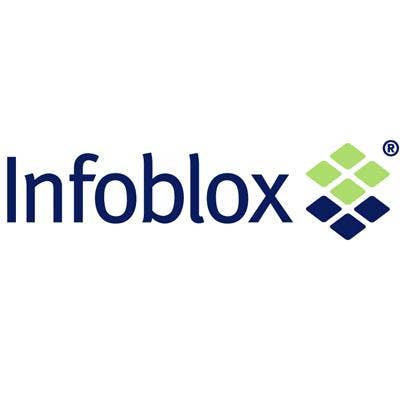
Infoblox
Network automation specialist Infoblox, which is charging toward an IPO and recruiting channel partners, is a member of the Open Networking Foundation. Its exact weigh on the SDN landscape isn't obvious, but several analysts have noted that its Automated Tasks Board tools fit the model of an SDN architecture, from easier management to broader network visibility.
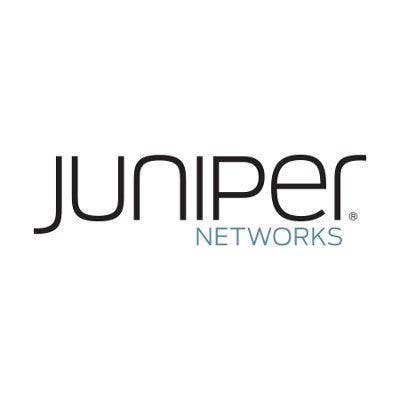
Juniper
Juniper's biggest SDN move so far was confirmation that it would put OpenFlow into its Junos SDK. There's also been plenty of talk around Juniper enabling the running of Open vSwitch -- the open source virtual switch platform -- on its MX series routers.
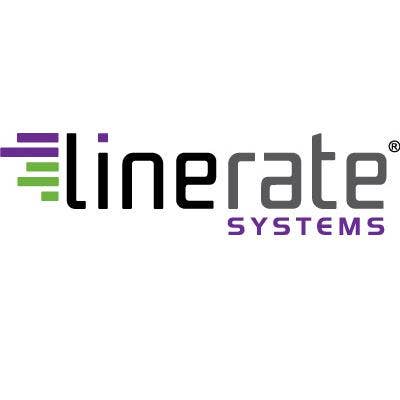
LineRate Systems
Another emerging SDN player to keep an eye on is LineRate Systems, a four-year-old Colorado company that came out of stealth mode during the Open Networking Summit in April. LineRate's software delivers services on top of virtualized networks, and it works on platforms running commodity x86-based servers as well as systems with network processors. Photobucket is an early customer.
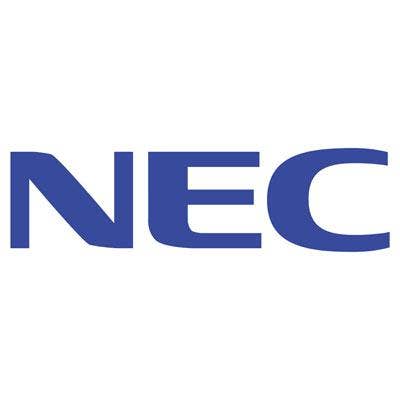
NEC
NEC came to the table with ProgrammableFlow networking -- an OpenFlow-based technology product family that targets centralized control of networks, fast monitoring and distribution of network traffic and scalability. ProgrammableFlow available products include two switch models, a network virtualization controller and a management console.
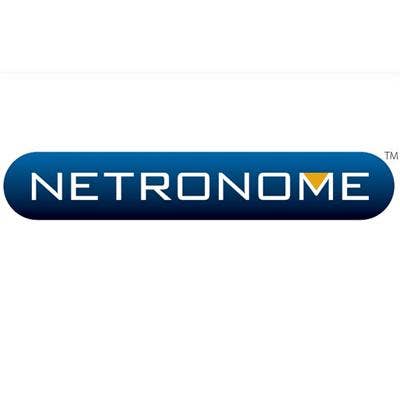
Netronome
Netronome's stake in the OpenFlow trend is its Network Flow Processors, and Netronome touts its NFP-32xx as "the industry's first processor designed for unified computing architectures by combining high-performance network, content and security processing with I/O virtualization."
Netronome was out in force at the Open Networking Summit this past month, demonstrating OpenFlow on its Flow Processors and talking up how OpenFlow implementations take advantage of its processors' capabilities.
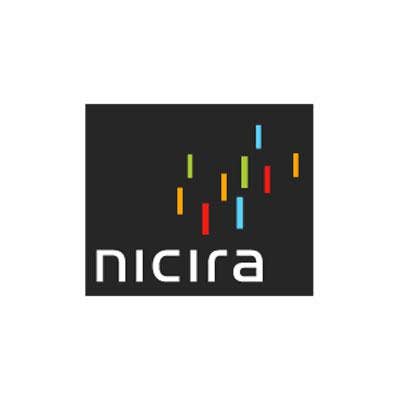
Nicira
Of all the buzzed-about startups that have emerged under the loosely grouped SDN and network virtualization banners, it's Nicira that's seen some of the best ink, strongest momentum and biggest attention. Before emerging from stealth in February, it had already lured a bevy of well-known executive talents from the likes of Cisco, Juniper and other networking pillars to its roster.
Then, Nicira went live with its Network Virtualization Platform (NVP), a software system intended for creating distributed virtual network infrastructure locked and loaded for cloud-centric data centers. Nicira's hook is that the entire software system is decoupled and independent from physical network hardware, which in theory maxes out its flexibility and brings to networking a similar model to the one that made VMware the last name in virtual computing machines.
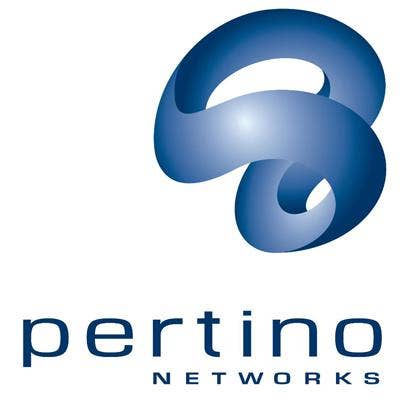
Pertino
Not much is yet known about Pertino, except that it was founded in 2011 by a team of networking and security veterans, including former Packeteer CEO Craig Elliott, and in early April it locked up $8.85 million in venture capital funding. Is the next buzz-bin SDN player about to emerge from this star-studded group?
’Software-defined networking is poised to modernize data center networks but is not optimized to address the breadth of cost, complexity and security challenges across the entire business network,’ described Matt Howard, General Partner at Norwest Venture Partners (NVP), a Pertino investor. ’Pertino Networks’ software-driven approach leverages virtualization, social networking concepts, and the transformative capabilities of the cloud to revolutionize and ’consumerize’ networking business-wide and beyond.’
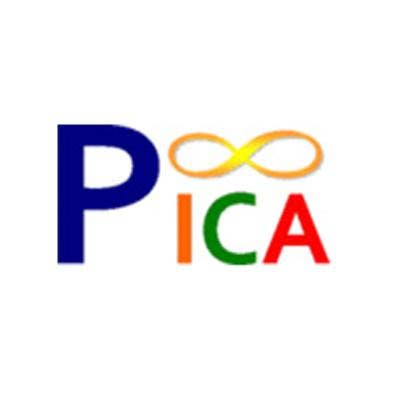
Pica8
Pica8 is a two-year old startup that in January 2012 was spun out of server vendor Quanta. Its wow-er is a virtualized switch that it says can handle the workloads of comparable Cisco switches for about an eighth of the price. It builds physical switches using merchant silicon -- as opposed to ASICs -- but the ultimate goal, according to interviews Pica8 executives have given with a range of publications, is to offer open software that sits on those switches.
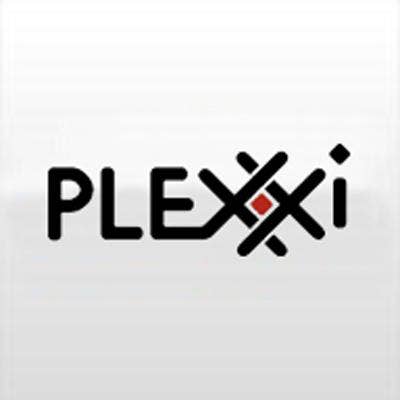
Plexxi
A few skims through the blog posts put up by Plexxi executives lets you know this is a company that skews a bit irreverent -- a bit cutting-edge -- and that's probably why its buzz as one of the key emerging "SDN ecosystem" players is currently, well, buzzy.
Not much is yet known -- there are no products live as of this writing -- but the company is promising to be part of a "whole new frontier in networking," and in July of last year copped $20 million in Series B funding led by Lightspeed Venture Partners.
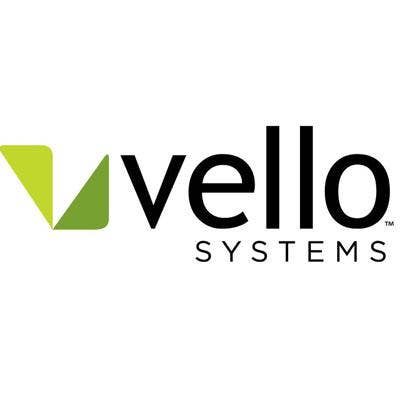
Vello Systems
Vello is among vendors that have come out with guns blazing on the SDN subject -- one of the few to declare, without any ambiguity, it's very much partial to SDN and OpenFlow. Specifically, Vello's OpenFlow strategy includes open, scalable network virtualization products for connecting storage and computing resources in corporate data centers, leveraging both public and private cloud environments.
Its CX cloud switching systems are intended to fill in gaps where static network infrastructure comes up short in supporting elastic cloud environments, Vello claims, using its own Cloud Switching software to customize and virtualize optical capacity in a network.
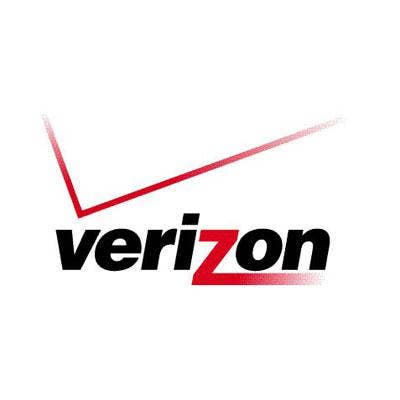
Verizon
Verizon's top network engineers have publicly described SDN as a "game-changer" technology, and at the Open Networking Summit this past month, the company demo'd various SDN attributes alongside Adara Networks, HP and Intel. Specifically, Verizon used HP BL460 G7 blades with quad-core Intel Xeon processor 5600 series, HP Networking switches, HP CloudSystem Matrix and Adara Full Stack Engine technology to show how a telecom provider such as itself could use OpenFlow technology to reduce the cost of coordinating and moving large amounts of data across networks from one data center to another.
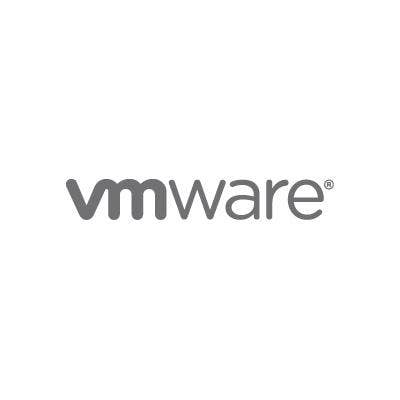
VMware
The biggest name in virtualization sitting out the SDN movement? Not on your life. VMware has been particularly active around SDN in the last few months, and earlier in April said it would sponsor the Open Networking Research Center, a new organization devoted to SDN technology.
"VMware is not owing to sit back and watch networking equipment become virtualized and not be a player," Robert Germain, vice president of engineering at Hub Technical Services, South Easton, Mass., told CRN this month.
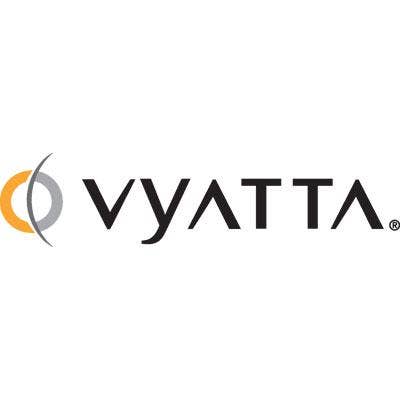
Vyatta
Vyatta, which built a loyal channel following going after the network virtualization trend before it was trendy to do so, is both well-funded and quickly expanding. Just this past month, it introduced Vyatta vPlane, a scalable forwarding plane for migrating mission-critical enterprise applications to virtualized environments. One of vPlane's snazziest features -- it scales linearly, so as more cores are introduced in an Intel Westmere-class system, say, that system using vPlane can deliver 35 million packets per second using only a single rack-unit of data center space, Vyatta claims.

More From The SDN Space
Software-Defined Networking:
Cisco Lifts The Veil On Insiemi
VMware Stakes Claim In Network Virtualization
10 Things We Learned At Cisco Partner Summit